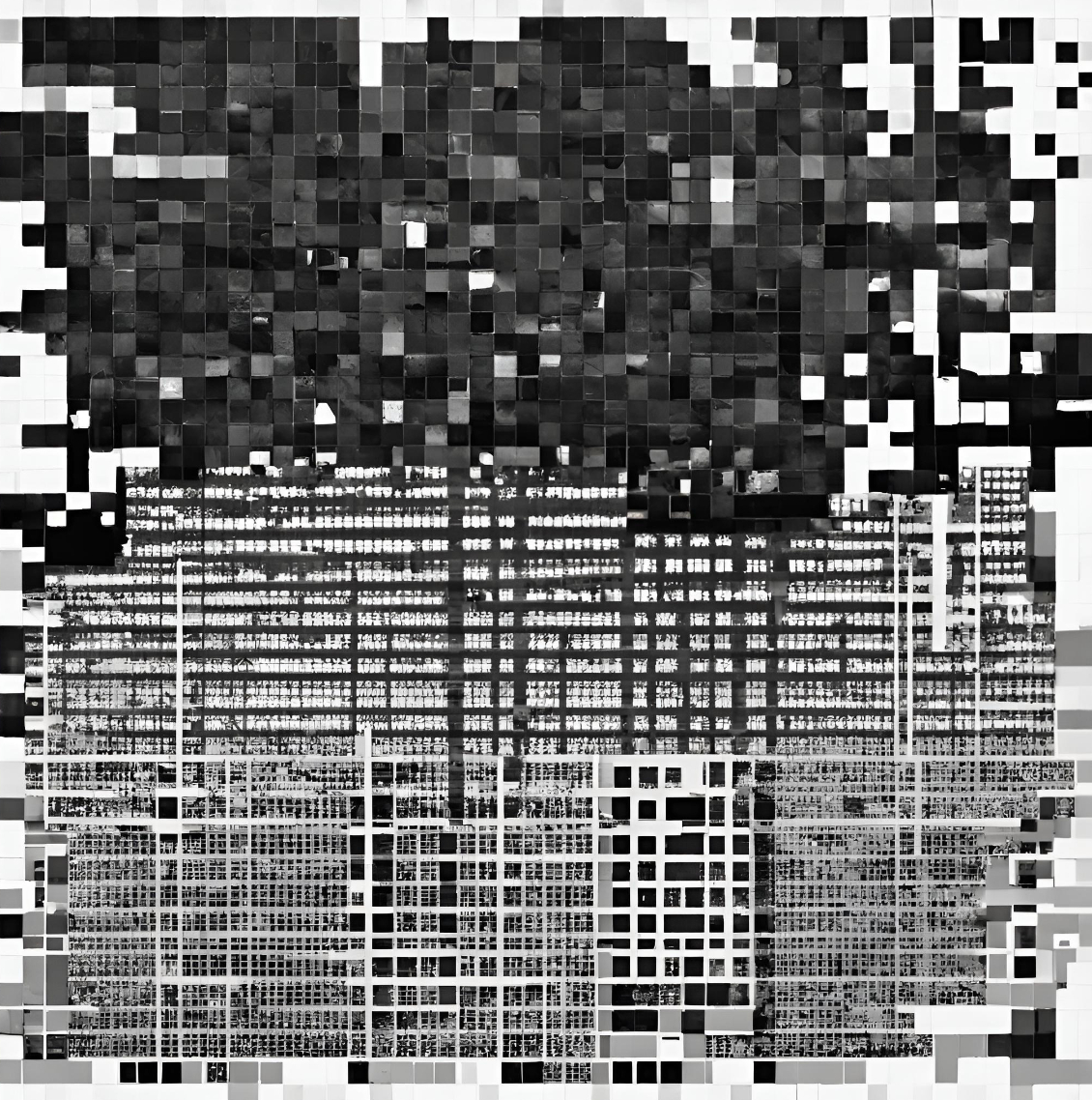238 reads
How to Obtain A Fully Adaptive Algorithm With Sample Complexity O˜(log log n)
by
December 9th, 2024
Audio Presented by

Computational: We take random inputs, follow complex steps, and hope the output makes sense. And then blog about it.
Story's Credibility

About Author
Computational: We take random inputs, follow complex steps, and hope the output makes sense. And then blog about it.
